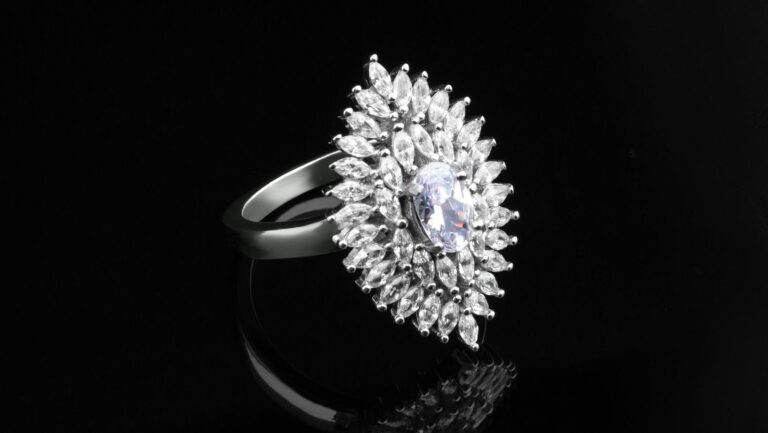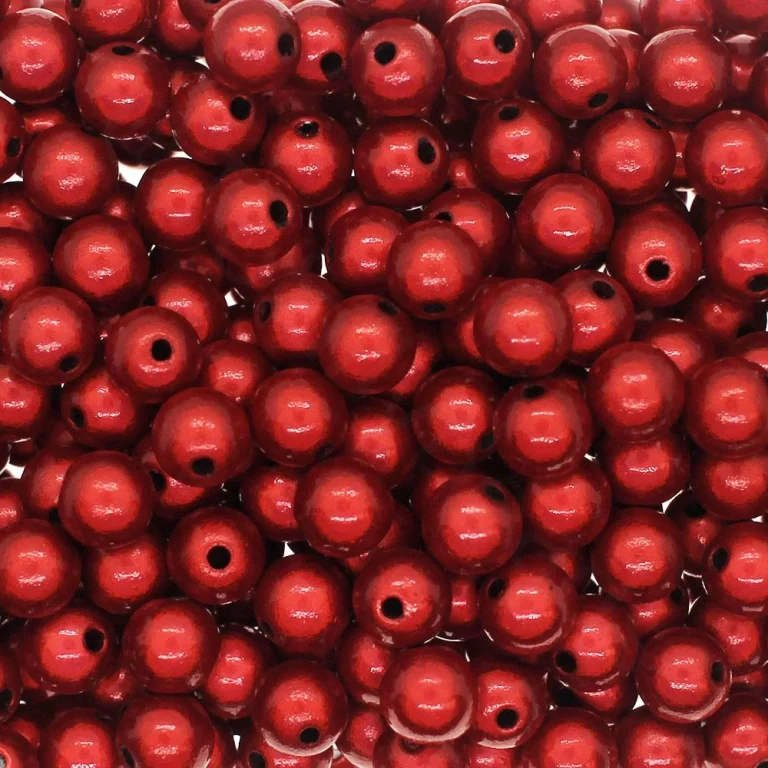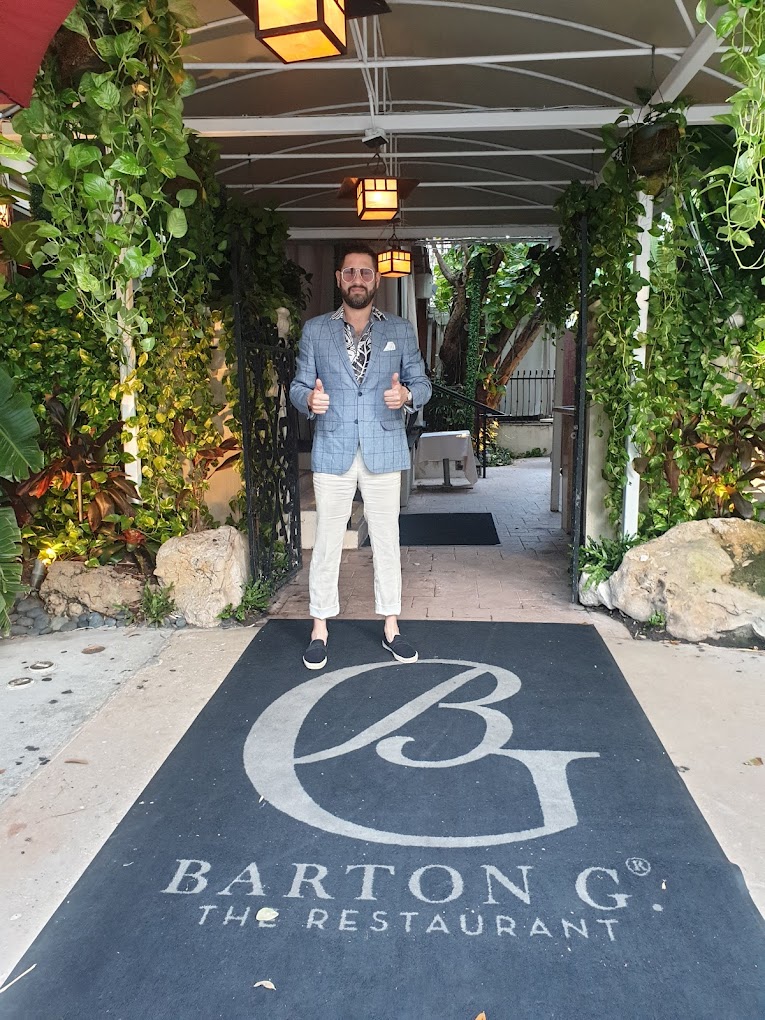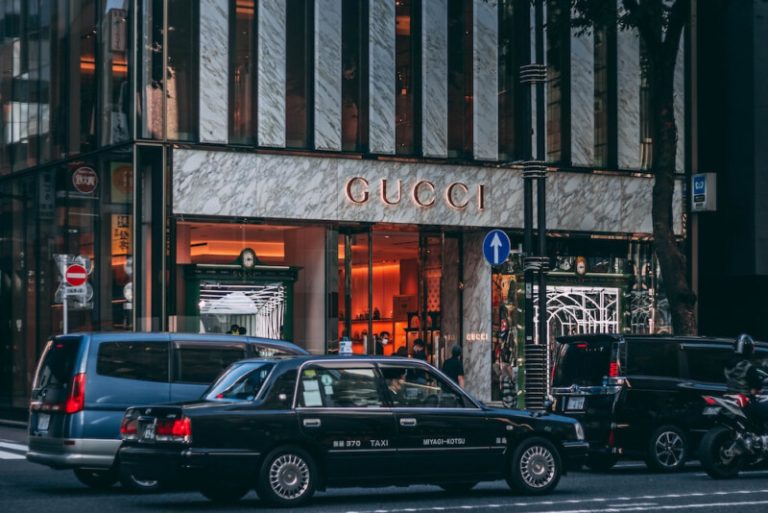Is Nose Piercing Haram or Halal In Islam?
As a Muslim living in a multicultural society, I have often pondered whether practices common in Western cultures are acceptable in Islam. One such practice is nose piercing, which has become increasingly popular among young women across faiths.
With nose studs and hoops growing ubiquitous, I decided to explore whether nose piercings are haram (forbidden) or halal (permitted) according to Islamic guidelines.
Overview of Islamic Restrictions
Contents
- Overview of Islamic Restrictions
- Lack of Clear Prohibition on Nose Piercings
- Painless Piercing Procedures Preferred
- Considering Hijab and Modesty
- Patience Over Impulsiveness
- Seeking Guidance from Parents and Scholars
- Understanding the Wisdom Behind Rules
- Health and Safety Risks
- Comparing Nose and Other Piercings
- Relaxed Norms in Liberal Mosques
- Balanced Approach Advised
Islam provides clear instructions regarding permitted and prohibited practices related to diet, dress code, jewelry, and other aspects of daily life. These help believers follow the righteous path as per Quranic wisdom. For example, consumption of pork and alcohol is labeled haram, while eating herbivorous livestock slaughtered in the prescribed manner is halal.
Likewise, both men and women must dress modestly in loose garments covering their awrah (intimate parts). Extravagant clothing, silk, gold adornments, and ostentatious jewelry are discouraged for men. Women must additionally wear a hijab headscarf when in public.
Lack of Clear Prohibition on Nose Piercings
Interestingly, I found no verse in the Holy Quran explicitly banning or permitting nose piercings. This explains the lack of scholarly consensus on whether nose piercings are allowed in Islam. Most scholars agree that women can wear nose studs as long as they are small, not made of gold, and don’t hamper hijab wearing. Many also permit nose hoops.
Restrictions Mainly for Men
The restrictions seem to apply mainly to Muslim men sporting nose studs or rings. According to some interpretations, this could contradict Quranic instructions against men imitating women or disguising themselves as the opposite gender. However, others argue there is no such risk with inconspicuous nose studs.
Painless Piercing Procedures Preferred
Scholars advocating nose piercings emphasize the need for a relatively painless process that does not intentionally inflict injury. Modern piercing techniques using sharp sterile needles are therefore considered halal by them.
Septum Piercing Discouraged
However, piercings like the septum piercing done through the cartilaginous septum between the nostrils are discouraged. Not only is the thicker cartilage harder to pierce, but there are also many nerves ending in that area, causing sharper pain. A simple stud on the left or right nostril avoids this issue.
No Large Earrings on Septum
Additionally, wearing the large-sized nose rings (bull rings) on the septum is deemed unacceptable. Its conspicuous size draws unnecessary attention and stares, conflicting with the concept of modesty in Islam.
Considering Hijab and Modesty
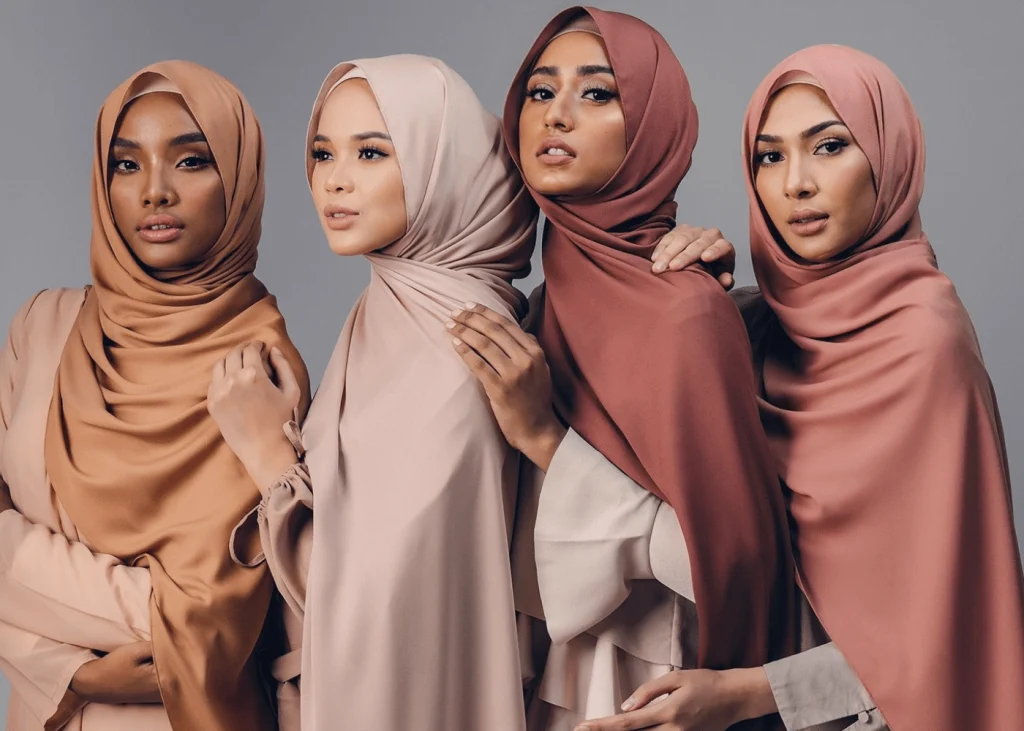
For women, wearing a nose pin should not hamper the proper wearing of hijab. The nose stud must be small enough to be fully covered when out in public. If it makes observing hijab difficult, it may be advisable to avoid it altogether.
Avoid Piercing During Ramadan
There are no explicit instructions prohibiting nasal piercings during Ramadan. But one could avoid it during the holy month when believers observe fasting and focus on prayer and piety. There’s no need to rush through the piercing, so waiting until after Ramadan passes may be prudent.
Patience Over Impulsiveness
Islam emphasizes patience and avoiding behaviors associated with impulsiveness or self-gratification. Rapidly going out to get your nose pierced just because it’s gaining popularity could signal impatience and vulnerabilities to peer pressure. Making a patient, thoughtful choice pleases God more.
Seeking Guidance from Parents and Scholars
For any gray areas without explicit rulings, Islamic doctrine advises seeking counsel from elders, scholars, and parents. Their life experience, knowledge of scriptures, and care for our well-being makes them ideal guides.
Obeying Parents’ Wishes
Children and younger members of the family must respect their parents’ guidance on matters like nose piercings while living under their care. Even if scholars permit it, defying parents’ wishes to get the piercing could lead to conflict and disharmony at home. It may be wiser to wait until you are financially independent and living separately.
Husband’s Approval
Likewise, married Muslim women are religiously instructed to obey their husbands’ reasonable commands. Islam grants leadership status to husbands within the household. So they could kindly advise against or discourage nose studs if they disapprove of it.
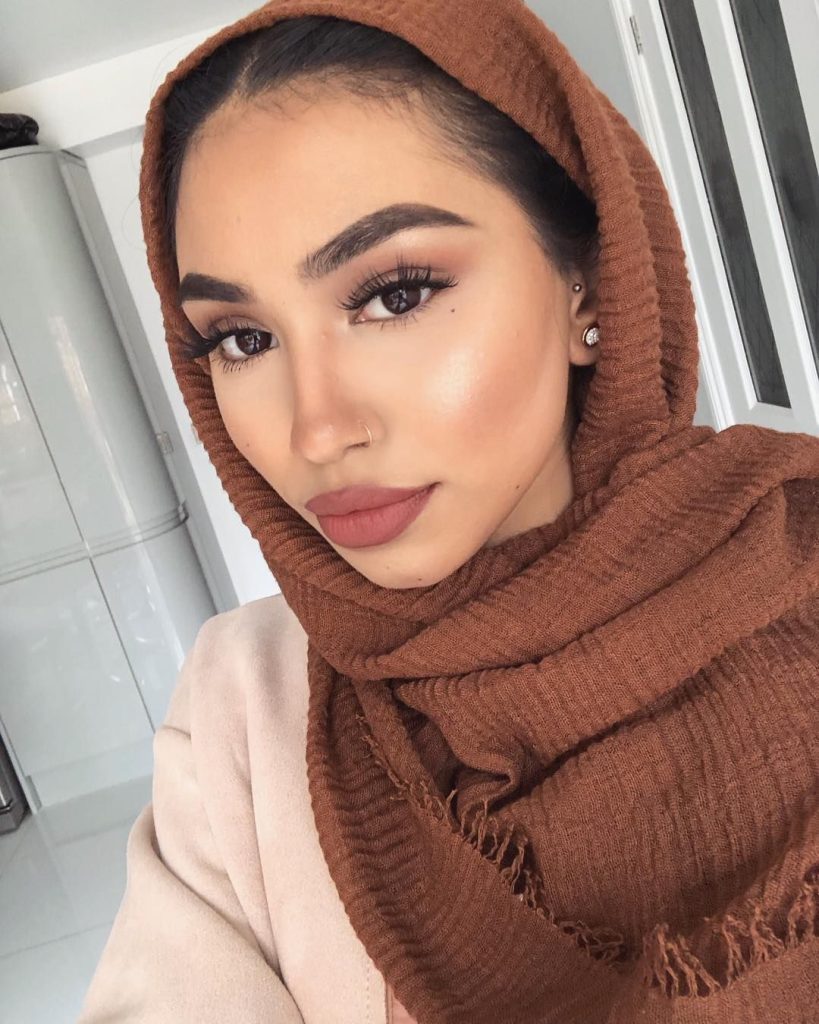
Understanding the Wisdom Behind Rules
Simply following prescriptions and prohibitions blindly without understanding their inherent wisdom goes against the Islamic emphasis on knowledge and learning. Scholars therefore encourage analyzing the reasoning behind various guidelines.
Scriptural Wisdom and Scholarly Input
In the case of nose piercing, the reluctance stems from Quranic instructions against injuring oneself, distorting Allah’s creation, obedience to parents, and avoiding earthly pleasures and vanity. Scholars weigh these principles along with teachings from the Hadiths and examples from the Prophet’s (PBUH) life to provide guidance.
Parallels in Other Cultures
Interestingly, we find similar concerns about nose piercing in other Eastern cultures, including Hinduism and Buddhism. Judaism also discourages body piercings. In comparison, Western cultures are more open to aesthetic enhancements like piercings and tattoos.
Maintaining Community Bonds
Another key consideration is maintaining harmony within families and communities. Violating established cultural norms can strain relationships with elders and traditionalists. Following the mainstream guidance helps avoid such tension, contributing to community cohesion.
Health and Safety Risks
Islam advocates protecting life and health as God’s gifts. It is prudent to be aware of health hazards associated with piercings done under unhygienic conditions or by untrained practitioners.
Risk of Infections
Nose piercings pose risks like infection, painful swelling, scarring, and bleeding if sterile procedures are not followed. Unclean equipment or improper aftercare can exacerbate these risks. It is thus advisable to visit reputed, licensed professionals even if it costs more.
Permanent Nose Scars
Nose piercings leave behind permanent scars on the nostrils even after removing the jewelry. So people getting it done should carefully consider whether they’ll be comfortable having noticeable marks on their nose indefinitely.
Comparing Nose and Other Piercings
Unlike hidden piercings on the ear cartilage or navel, nose studs or rings alter facial appearance quite conspicuously. People may stare or make unsolicited remarks about aesthetics and modesty. Other discreet piercings may receive less public scrutiny according to location.
Varying Perceptions
Opinions on what seems ostentatious versus elegant vary too. While a small nose pin may be tolerable to some, others may find it draws unwanted attention. Larger nose rings are widely considered loud and distracting. In the end, it boils down to personal choice within accepted limits.
Relaxed Norms in Liberal Mosques
In recent times, some progressive Islamic centers have relaxed traditional instructions against men wearing ordinarily feminine attire and accessories. These liberal mosques allow women to pray without headscarves too. So perceptions on male nose studs are evolving as well, though not in orthodox spaces.
Balanced Approach Advised
Rather than taking an extreme stance for or against nose piercings, Islam advocates a balanced moderate path. One should weigh religious guidelines, health risks, and parental objections before getting any permanent modification, be it piercing or tattoo. This thoughtful approach demonstrates maturity beyond superficial rebellion or conformity.
With this deeper insight, I feel better equipped to make mindful choices aligned with Islam’s values of wisdom, patience and moderation. This exploration has enlightened me on the rationale behind certain practices, and the importance of probing deeper rather than making assumptions.
Focus on Inner Growth
At the end of the day, outward physical expressions matter less than inner spiritual growth in Islam. It teaches us to prioritize nurturing our faith and intellect over vanity. Following this guiding principle helps stay grounded in what truly matters while navigating modern multicultural environments.

Founded by Sophia Rodriguez, IGXO Cosmetics is a PETA-certified, cruelty-free, and vegan makeup brand.
